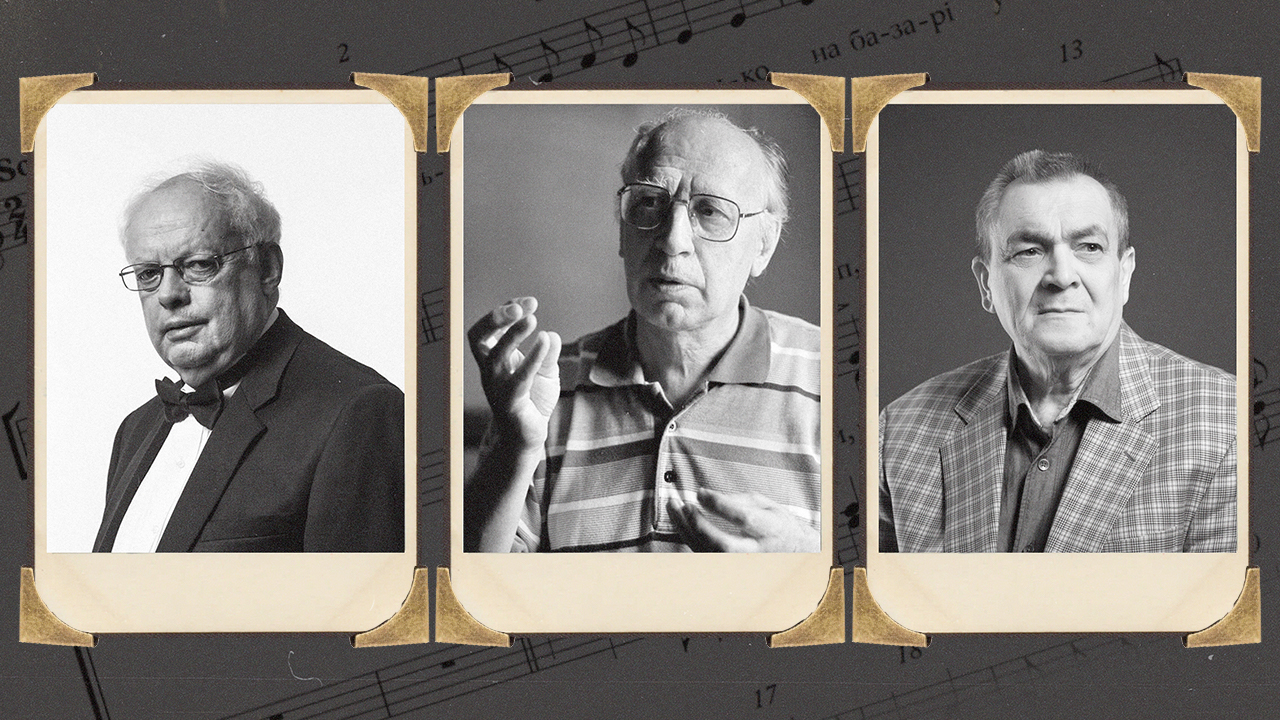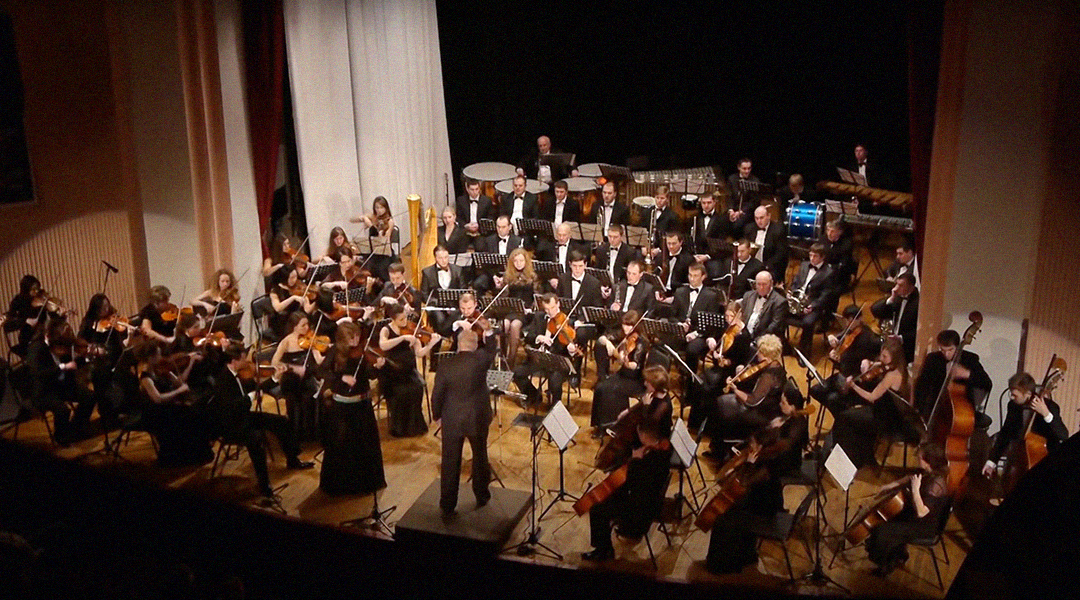Academic music has long ago become an important factor to assess the level of the country’s cultural development. It has always been crucial for European countries to have composers or schools of music at the forefront of their cultural diplomacy.
Ukrainian academic music, though, has rarely witnessed favorable conditions for thriving. Ask someone about Ukrainian modern academic composers, and you will most often hear the names of Lysenko, Leontovych, or Hulak-Artemovskyi. However, the times of the founders of Ukrainian academic music are gone – and many musical trends have passed since then.
For so many years, the names of great composers and their remarkable works have remained uncovered. In this article, we’ll tell you about the legacy of the three most prominent modern composers of Ukraine: Myroslav Skoryk, Valentyn Sylvestrov, and Yevhen Stankovych.






